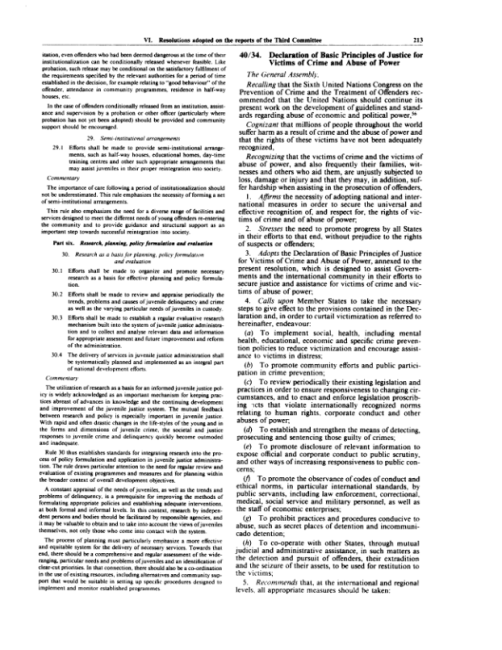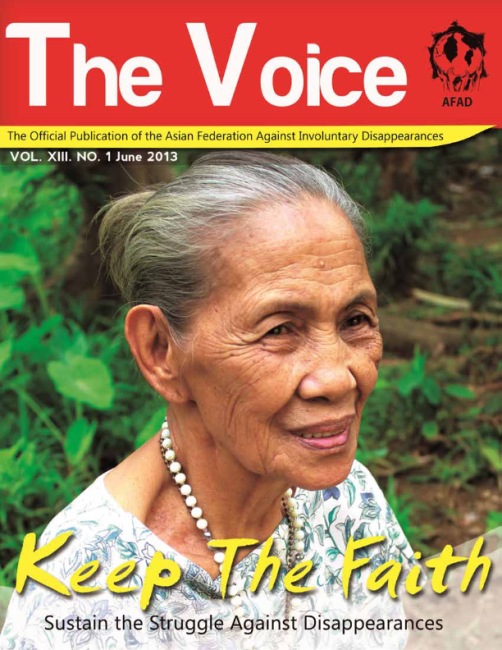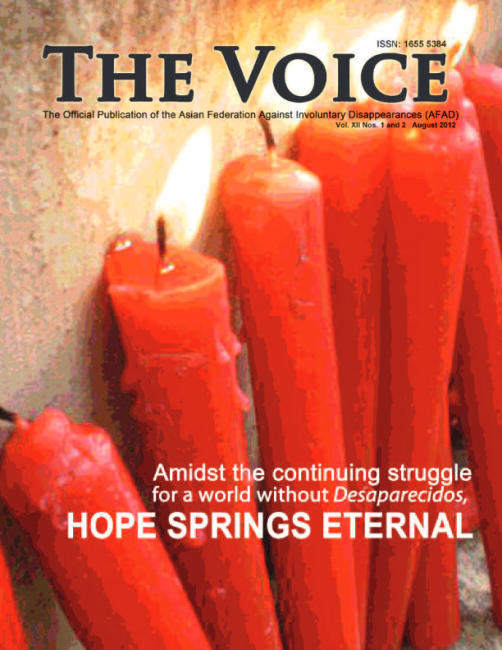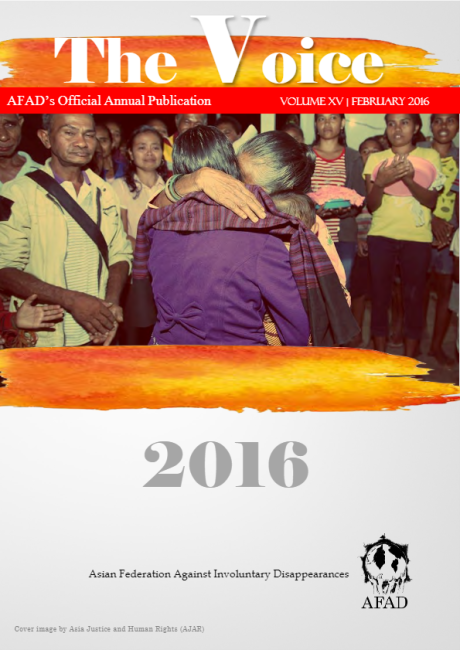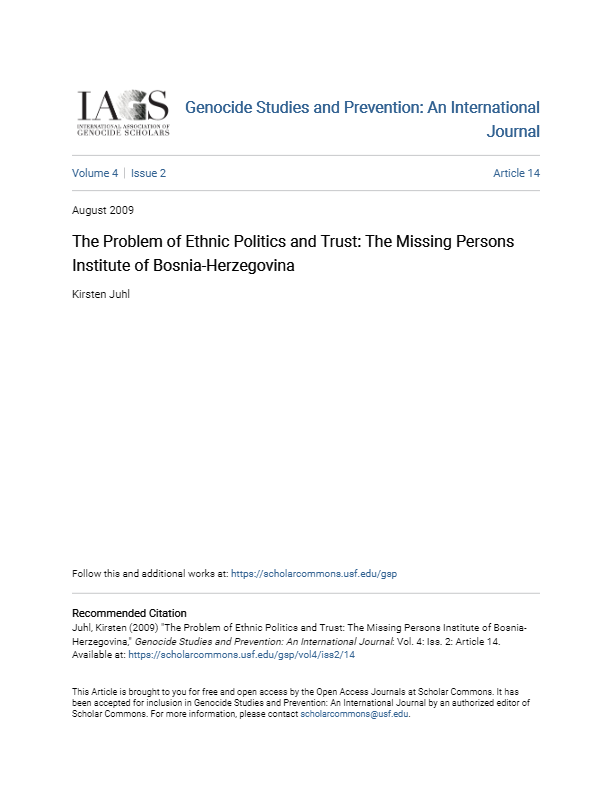
The Problem of Ethnic Politics and Trust: The Missing Persons Institute of Bosnia-Herzegovina
After the violent conflict in the 1990s, between 25,000 and 30,000 persons were missing in Bosnia-Herzegovina (BiH), their fates and whereabouts unknown. Solving the missing-persons issue, and thus reducing some of the damages of the conflict, has been important in the aftermath crisis management and has been considered a prerequisite to prevent recurrences. Two of the latest developments in these efforts are the adoption of the Law on Missing Persons in October 2004 and the establishment of a state-level institution, the Missing Persons Institute (the MPI BiH) in August 2005. This article examines the missing-persons issue from a risk management and societal safety perspective aimed at creating resilient societies. The state is regarded as a key actor, even when other actors are involved and considered co-responsible. Especially important is the state’s ability to establish public confidence in critical social institutions and to build mutual trust among different groups within the population. Based on empirical data, the article explores risk factors and dynamics that may threaten the MPI BiH’s ability to contribute to societal safety in a society that has run into what is conceptualized as a social trap. To get out of this trap, parties who profoundly distrust one another will need to cooperate. Explicit as well as implicit objectives, competing rationalities, and perceptions of reality among key actors are discussed. The article also considers how the emotional overrules the rational, how the predominantly ethnic discourse in society overpowers the weaker human-rights discourse, and how this may threaten the important building of confidence and trust.



